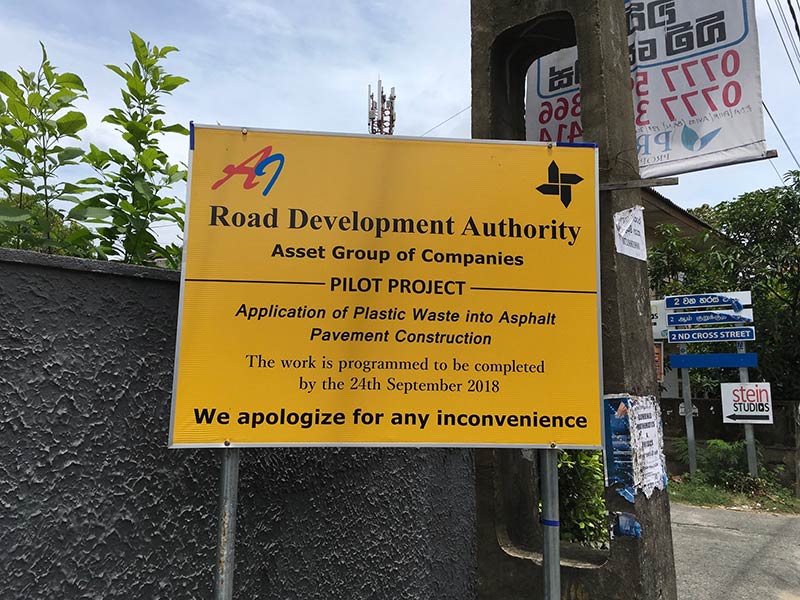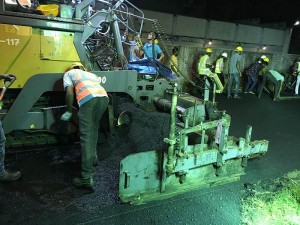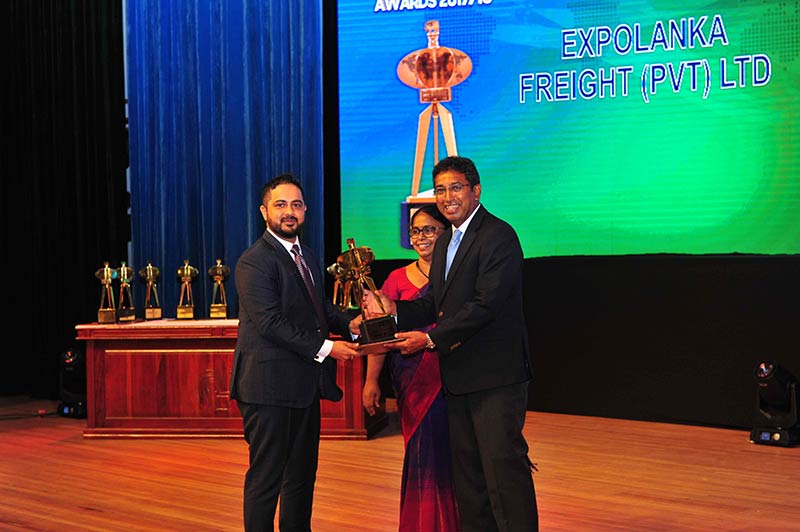
Waste Plastic for Road Surfacing?
A sustainable approach to minimize the ever-growing plastic pollution and maximize the durability of roads
Asset Group of Companies commenced using a new technology to incorporate waste plastic to produce asphalt for road surfacing. Manufactured by mixing shredded plastic with aggregates, and bitumen – the new asphalt mix is said to provide a number of benefits including an innovative and viable solution to address the rapidly rising plastic menace in the country as well as bringing a significant cost reduction in road paving.
The new material was tested via a pilot project, where a strip of road spanning 500 meters (with 300m of Pilot section and 200m of Control section) from Ratmalana to Borupana, was paved with the new asphalt. Prior to applying this Asphalt mix on the pilot road, lab tests were conducted to verify its performance and properties and were successfully completed.
Asset Group collects and sorts non-recyclable plastic bags from municipal waste. These are then cleaned, shredded to a permissible size and mixed with aggregates at 165° C temperature, within the asphalt batching chamber. The molten waste-plastic-mix coats the heated aggregates before being coated with bitumen. The new material – waste plastic modified asphalt concrete mix – will be applied for surfacing of roads under 150° C temperature.
Similar waste plastic modified asphalt mixes are successfully applied to road surfacing in countries such as UK, Canada, Netherlands, Philippines, India and Indonesia. Furthermore, Sri Lanka’s neighbour – India, under the approval of Indian Roads Congress, has applied a similar technology on approximately 3000 km of its road surfacing.
The idea of applying waste plastic as an additive for road surfacing in Sri Lanka was hatched by the Asset Group in a bid to combat the rapidly growing issue of plastic pollution. At present, the global Municipal Solid Waste (MSW) generation levels have reached nearly 1.3 billion tonnes per year, while it’s expected to hit a projected 2.2 billion tonnes per year by 2025. Considering the local context, Sri Lanka’s MSW has reached 6500 – 7000 tonnes per day by 2015. Regrettably, 60% of this waste has been contributed by the Western Province. Moreover, Sri Lanka generates 794 tonnes of plastic waste per day.
The gravity of the situation can be gauged when considering the fact that it takes 400-500 years for the plastic to completely disintegrate. Therefore, when non-biodegradable plastic ends up in landfills, it pollutes both air and water, while causing fatality to fauna and avifauna, forcing the vulnerable species towards extinction.
Asset Group’s new asphalt mix will not only address the plastic issue plaguing the country, but also helps to greatly reduce the cost of road construction by making the asphalt pavements more durable. At present, the technology has already become an internationally accepted practice, and by adopting the same in Sri Lanka, Asset Group believes that it would make a significant impact in the road construction sector, while becoming a catalyst for environmental sustainability in the long run.



